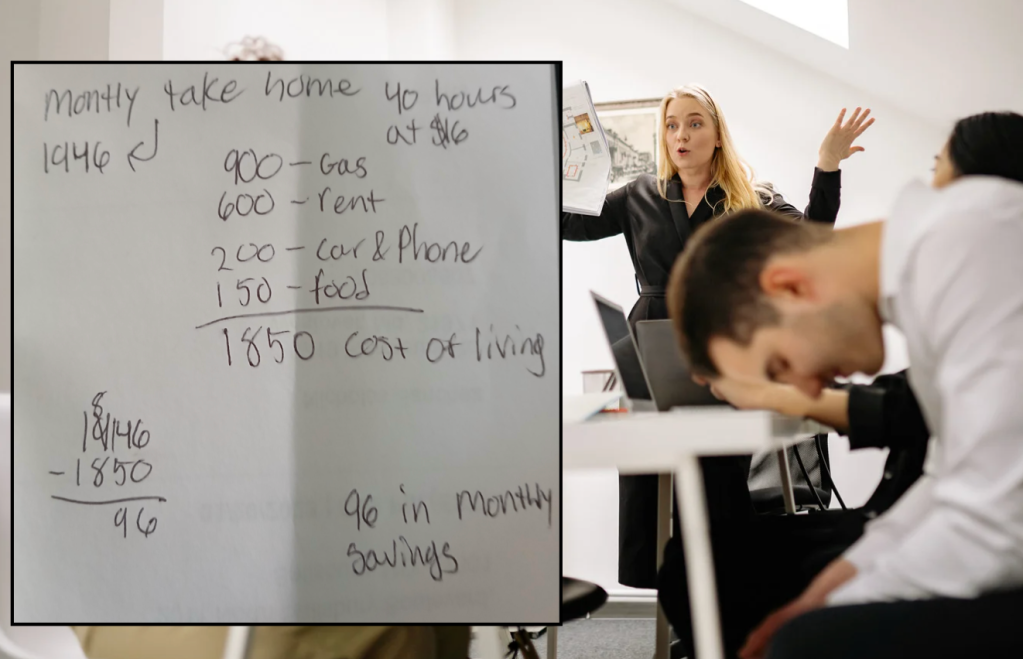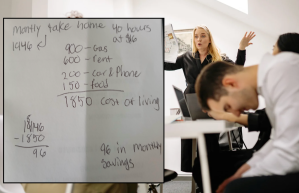Living life on a cruise ship may seem like an impossible feat, but Mario Salcedo has figured out exactly how to do it. (And so has this couple.) The cruising legend and Miami native celebrated his 1,000th cruise with Royal Caribbean earlier this month, marking over 20 years of living on a cruise ship and solidifying his reign as Royal Caribbean’s most loyal cruiser.
Nicknamed ‘Super Mario’, he began cruising in 1994. “When I hit 45, I wanted to start a new chapter in my life traveling around the world—that was my vision,” he told Conde Nast Traveler. “But I didn’t know about the logistics, whether air, train, or sea.”
After testing out different cruise lines, he booked a voyage on Royal Caribbean’s Voyager of the Seas—and never looked back. “It was the biggest cruise ship in the world at the time, and so revolutionary—the first ice skating rink, the first rock climbing wall, so many elements that took cruising to another dimension,” he told the publication.
Since then, he has remained loyal to the cruise line and shared that he only spends about 15 days on land, spending an average of 50 weeks a year cruising. Salcedo found his groove with cruising while continuing to work in the investment management business from sea. And when he’s not working, he’s playing.
“I go dancing in the lounges, or enjoy a nice cigar after dinner with a cognac, watching basketball or football games on TV,” he told the publication. “Everything I do on the ship provides an opportunity to socialize.”
While life at sea may seem like a dream, living permanently on a cruise also comes with its challenges—including its impact on Salcedo’s health. “I’ve lost my land legs, so when I’m swaying so much I can’t walk in a straight line,” he told Conde Nast Traveler.
Although he has taken full advantage of Royal Caribbean’s loyalty programs, he is a Pinnacle Club member in the line’s Crown and Anchor Society loyalty program, he certainly doesn’t cruise for free. In 2019, he shared with Cruise the World A to Z exactly how much he spent each year to live full-time on a cruise ship.
Salcedo explained that it costs an average of $185 per day for his interior cabin. “If you do the math, in my case, my budget is $72,093. So the minimum is $72,000,” he shared. He added that this is for the most basic of accommodations, and no extras like alcohol or excursions. He explained to Conde Nast Traveler, “I don’t eat like a regular cruiser. I skip one meal a day, and eat smart,” he added.
However, Salcedo argues that it’s still a deal compared to the average cost of assisted living in the United States, which he shared with Cruise the World A to Z that he also researched. “I looked up the average cost of assisted living in the United States per year and it’s $100,380. You can see that if you do an interior cabin, it’s cheaper to live on a cruise ship.”
This article originally appeared last year.
















